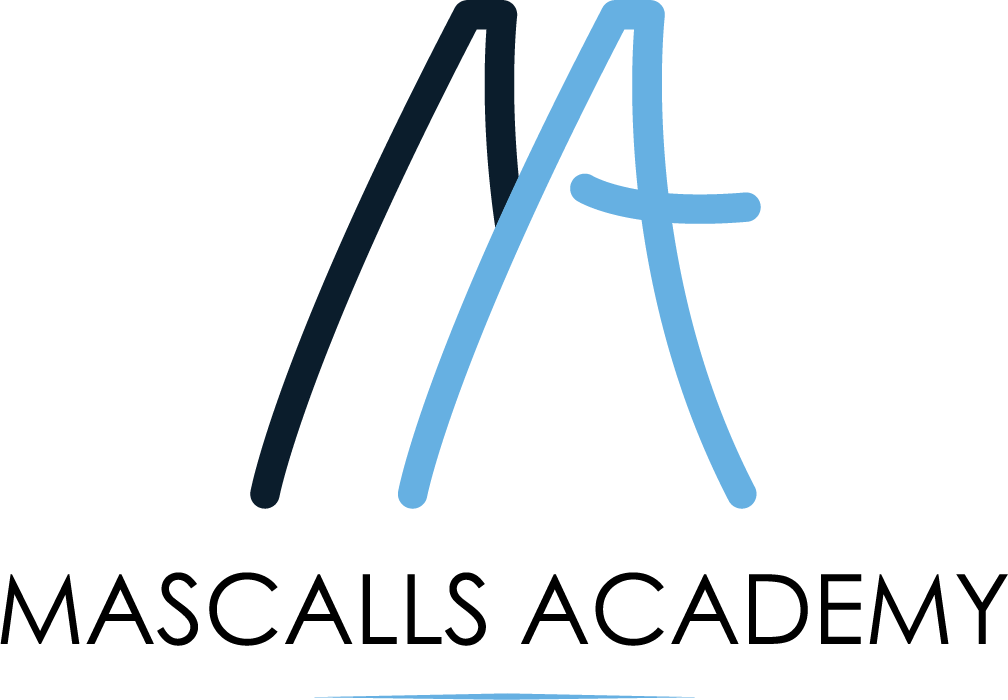Topic 1
Introduction to basic drama performance skills-demonstrating and understanding the key drama terms on the knowledge organiser. Students will explore an actor’s Physical skills ; movement, gesture, body language, focus and facial expressions; how these are used to convey character, emotion and meaning to an audience. Students will in groups have one narrator and the rest of the group will create a mime using their non-verbal physical skills to communicate with the audience. The narrator will also use Makaton – developing students’ understanding on diversity and disabilities in the world. Creating awareness of professional companies who work with deaf people.
Topic 2
Exploring vocal skills through text, devising and performances. The knowledge of how to use the voice effectively and imaginatively within a performance. Building the performance skills by the end of the term students will be able to recall all performance skills; physical and vocal skills and apply to an extract of ‘A Christmas Carol.’
Statement of Inquiry
To be updated
Key Concept(s)
To be updated
Related Concept(s)
To be updated
Topic 1
Students will understand basic facts about Greek Theatre, Greek Mythology using learnt knowledge from English and the main elements of the story of Troy. Students will create their own mask inspired by Greek Theatre linked to the Greek Text explored underpinning the knowledge they will examine in Art.
Topic 2
Following on from Semester 3 students will learn and stage an extract from the Greek Theatre text that they have dissected in Sem 3. Semester 4 will culminate in a performance of the extract of the Greek Theatre performance text; embedding prior learning from the physical skills exploration in Semester 1 whilst using the mask. Thus developing student’s cultural capital and demonstrating learnt knowledge and skills from another country and style. Skills: vocal choral work, movement, ensemble.
Statement of Inquiry
To be updated
Key Concept(s)
To be updated
Related Concept(s)
To be updated
Topic 1
Students will gain an insight into the world of scripted pieces. Learning; what influences a playwright, the varied structures, writing forms and language used within texts, and how characters, cultures and meaning are conveyed as a result of dissecting scripted extracts from ‘The Cursed Child’. Context of the playtext they will perform extracts of will be set up through practical activities of relationships, scenario and staging conventions. During the practical explorations, educational discussions will take place to develop students’ understanding of how novels have been transferred to the stage; enhancing their cultural awareness. Consolidating skills learnt through the year.
Topic 2
Continuing on from Semester 5 – students will begin to explore a scripted extract from the text that allows them to apply learnt knowledge from Semester 5 on the play text, but also embedding knowledge from the year; characterisation, blocking and performance skills. In groups students will rehearse a section of the text and perform this for their end of year assessment. Following this they will be able to evaluate their performance identifying areas of improvement for next year and how the skills are transferable beyond the curriculum.
Statement of Inquiry
To be updated
Key Concept(s)
To be updated
Related Concept(s)
To be updated


